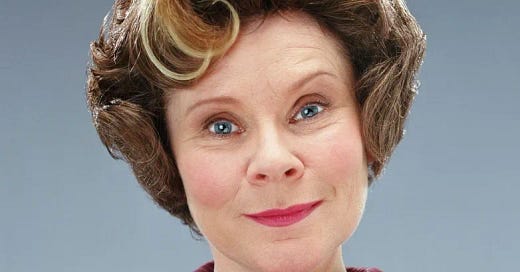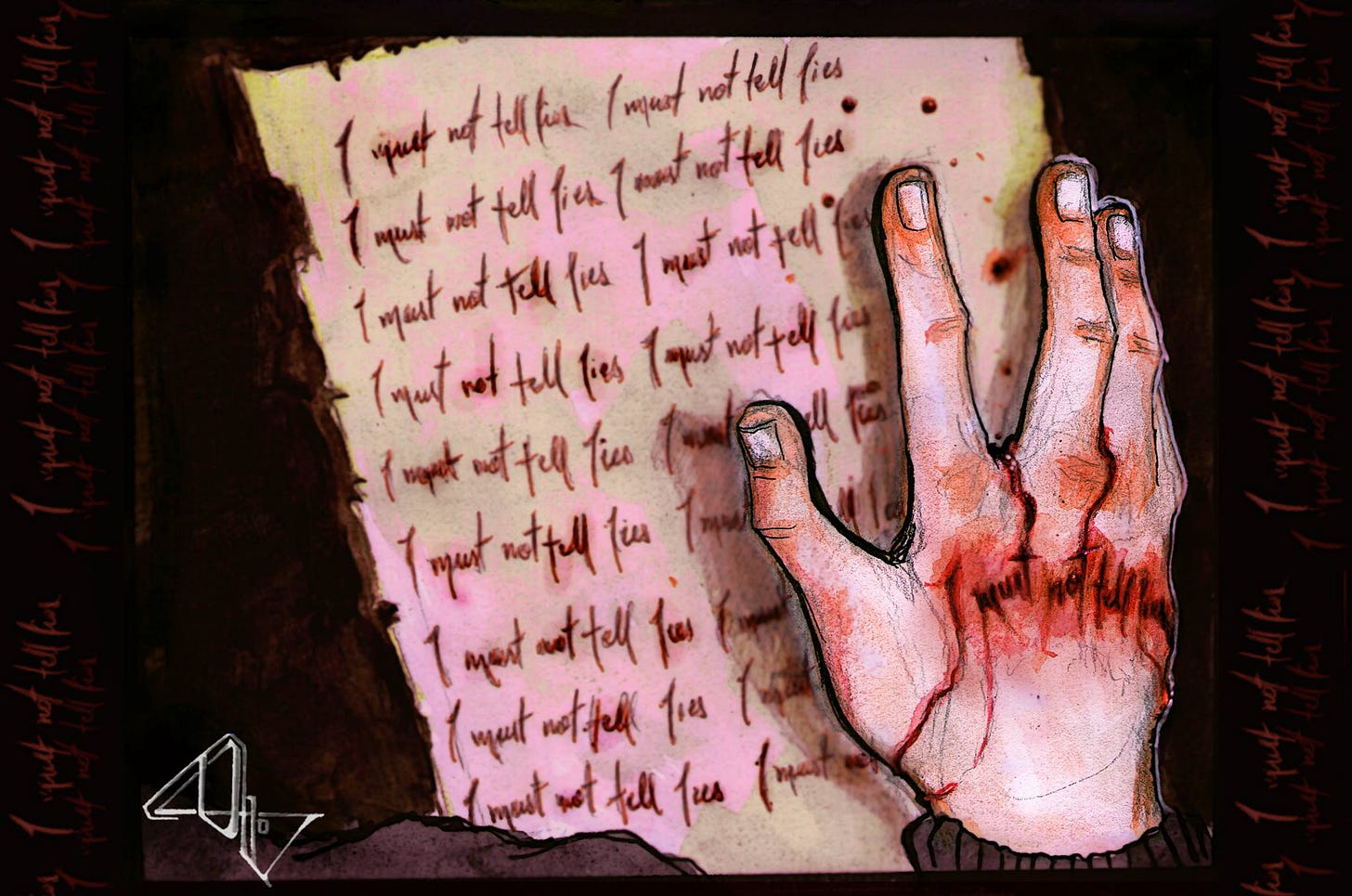Introduction
My positions with respect to the “battle of the sexes” tend to draw criticism from every conceivable corner of the Internet.
On the one hand, a commitment to arrive at truth often puts me in opposition to many of the typical men’s rights narratives. For example:
The majority of the discourse is centered around male loneliness, although a simple reading of the data shows that women’s number of friends have dropped a similar amount over the same span of time. It’s only because men had so few friends to begin with that it’s impacting them disproportionately.
The recent discourse around women being overrepresented in colleges systematically fails to address:
The previous discrepancy in favor of men was because women were not allowed into colleges, whereas men are now voluntarily opting out.
Even then, men still disproportionately make up the majority of stem degrees — where, to put it bluntly, the vast majority of the economically productive jobs are still at.
The typical “alpha male” narrative is based on wolves in captivity. In reality, the alpha tends to be the mother of the pack — quite literally a matriarchy.
In many ways I am sympathetic to a subset of feminist thought. A lot of men are emotionally stunted, unable to move about the world in a productive manner.
And yet I wholeheartedly recoil from the term “male feminist.”
Setting aside how the term is used as a sleazy pick up strategy for a certain type of male, there’s a growing body of men who may implicitly agree with much of feminist thinking, who nevertheless reject the label.
In fact, if we look at the labor force participation rate for males, we can see that the trend line is quite literally headed in the wrong direction.
A lot of men are looking up and looking around at the current system and thinking “something is not right.”
In Chapter 3 of The Will to Change, feminist scholar bell hooks writes about her confusion with respect to these men who question the current system (i.e. what she calls patriarchy)
Frankly, it is difficult to understand why these men who know so much about the way patriarchal thinking damages boys are unable to call the problem by its true name and by so doing free themselves to envision a world where the feelings of boys can really matter. Perhaps they are silent because any critique of patriarchy necessarily leads to a discussion of whether conversion to feminist thinking and practice is the answer.
I’ve always found that passage above to be ironic, considering hooks answers her own question in the very next paragraph:
One of the tremendous failings of feminist theory and practice has been the lack of a concentrated study of boyhood, one that offers guidelines and strategies for alternative masculinity and ways of thinking about maleness.
In other words: all theory, no practice.
The quotes above were written two decades prior, and the truth is that very little has changed in the interim.
In the online landscape, the discourse has degenerated even further, considering a certain brand of “All or Nothing” feminism has become increasingly prominent — a strain of thought which generally comes from the upper middle class women, usually white women.
bell hooks herself is critical of these sorts of feminist thinkers:
Feminist movement has had very little impact on the masses of working-class women who were in the workforce prior to the movement and who still remain there, just as dissatisfied and discontent with their lot as the men in their lives.
If at first you don’t succeed, shame shame the men
The problem with the sort of “all or nothing” feminism outlined above is that it fails to grapple with the everyday existence of the average man.
Any sober analysis of the graduation rates, the prison population, the homeless population, the suicide rate, gambling addictions, substance addictions, and disconnection from kin networks is clear enough indication of that. If anything, this should be a time when feminist thought should be spreading to the demographic of men who needs it most.
Nevertheless, a lot of progressives/feminist thought seem to run under the continual delusion that if they simply shame the men into submission, then they will inevitably get what they want.
Grifters like Andrew Tate, Kevin Samuels, whatever, fresh & fit, and Sneako convinced a subset of feminist thinkers that they could engage in the same sort of rhetoric.
The problem is simple: This strategy doesn’t work, it hasn’t worked, and it will continue to not work.
At the time of writing this, Trump has dominated 2024 US election. He took all of the swing states, he took the Senate, he took the house, and the Supreme Court is stacked in favor of Republicans.
Even in historically blue states, such as California and New York, the Democrat victory was far smaller than it “should have” been.
Trump got roughly the same number of votes as in the 2020 election. Do you know what the difference was? About 10 million suburban voters who previously voted for Biden — mostly men, and mostly white men — could not be bothered to vote for Harris this time around.
“Yeah, well that’s because the majority of America is full of racist, sexist transphobic bigots who —”
No, stop.
This will not work.
An analogy
I asked ChatGPT: “Who is the most hated character in Harry Potter?”
You would think it would be Lord Voldemort, right?
You know, the murderous sociopath who wants to kill a child, split his soul into many pieces, and become functionally immortal?
Instead, this is the answer that ChatGPT gave me:
Dolores Umbridge is widely considered the most despised character due to her cruel, sadistic behavior at Hogwarts and her abuse of power. Her forced punishments, like the “I must not tell lies” line etched into Harry’s hand, and her condescending attitude make her loathed by fans.
Lord Voldemort is every type of bigotry packed into a single person. He is pure and distilled evil, refined to its cleanest form.
But that’s the trick, isn’t it?
It’s a clean relationship. “I hate you, you hate me, and we are going to clash against each other until one of us is dead.“
By contrast, Dolores Umbridge treats Harry Potter in a much more sinister way. While Voldemort makes no pretensions as to his ultimate design, Umbridge regularly punishes Harry Potter under the guise of virtue. She works within the system, and genuinely believes that her hatred and resentment is perfectly permissible. It is a less overt but more relatable form of evil — the sort of evil you find in H.R. departments.
Leading to the crux of this post:
If you understand why people dislike Umbridge more than Voldemort, then you understand why Trump beat Harris.
Stay tuned for part two — Edit: Part two out now:
Munchausen by Patriarchy, Pt 2: The Words Feminists Use that Repulsive Men
In the previous post, I explained how feminism repeatedly fails to make any progress (See the 2024 U.S. Elections).







Interesting read, thanks. I’m assuming you meant “matriarchy” here?
3. The typical “alpha male” narrative is based on wolves in captivity. In reality, the alpha tends to be the mother of the pack — quite literally a patriarchy
Brilliant analogy, hit the nail on the head.